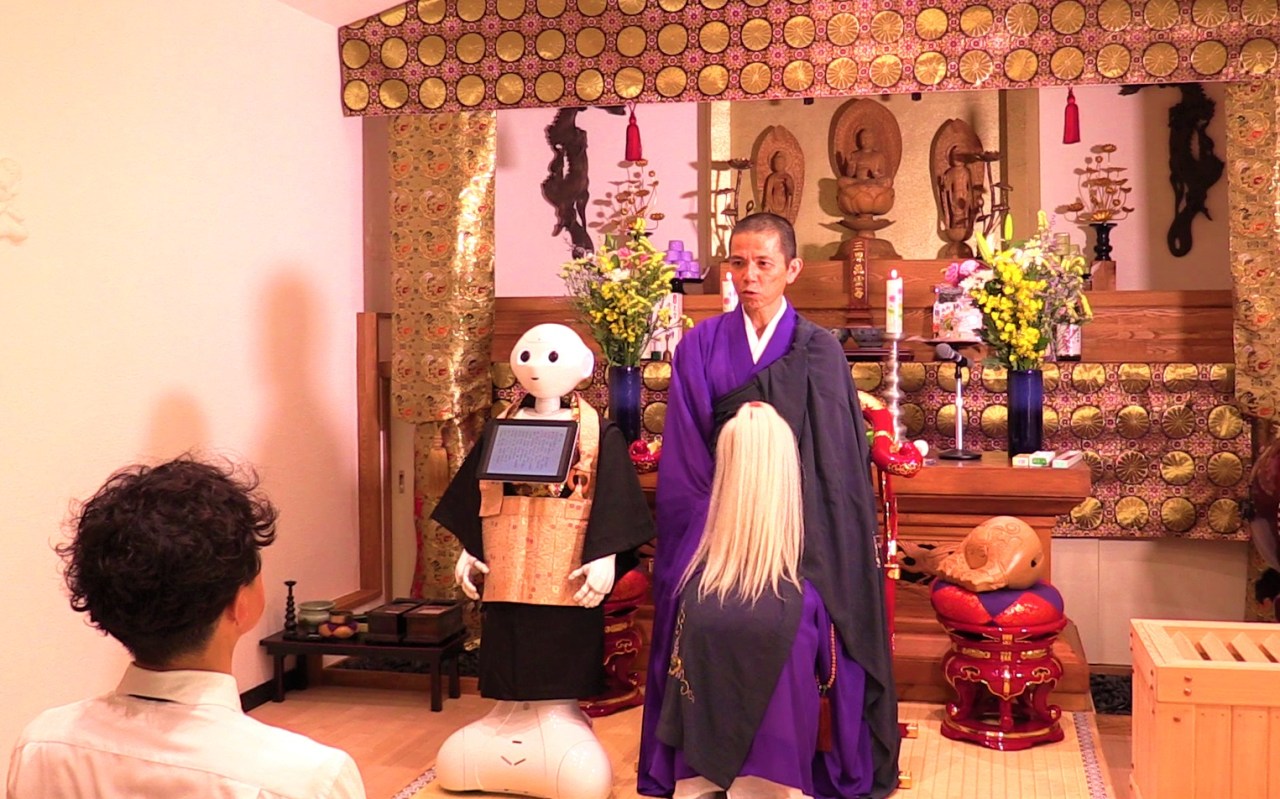As technology rapidly evolves, the role of robots in our daily lives is continuously being reevaluated. Not long ago, we saw Pepper, the humanoid robot, wading into deeply emotional territory by offering to perform funerary rites in Japan. While this aims to address the rising costs of such services, it raises a multitude of ethical questions about the intersection of robotics, human emotions, and cultural traditions. Should robots serve in such sensitive scenarios, or does this push the boundaries of social acceptability?
Understanding Humanoid Robots
Humanoid robots like Pepper are designed to interact and exist in human environments, often mimicking emotional responses and social behaviors. At least on the surface, this seems like a seamless blend of technology and humanity. However, emotional intelligence remains one of the great challenges in artificial intelligence. Despite claims that Pepper can read emotions, the reality is that no robot can truly grasp human sentiments like a person can. This brings us to an essential question: what do we really want from these machines?
Technology in Funerary Services
The introduction of robots in funerary settings could be viewed as a necessary modernization, especially as traditional funeral costs in Japan can escalate to tens of thousands of dollars. Organizations like Kanagawa-based Nissei Eco Co. are promoting Pepper as a cost-effective alternative for chanting Buddhist sutras, intending to ease the financial burden on grieving families. However, the need for cost-efficiency must not overshadow the importance of the emotional and spiritual elements inherent in funerary customs.
The Ethical Dilemma
- Respect versus Efficiency: Funeral services are inherently charged with respect, empathy, and understanding. Introducing a machine in a sacred space feels disconnected, threatening to dilute the solemnity of the occasion.
- Human Touch is Irreplaceable: A robot might be programmed to recite sutras, but can it provide the warmth, support, and genuine compassion that human practitioners offer? Machines are devoid of feelings, which undermines their capacity to operate in personal and vulnerable settings.
- A Reflection on Values: Allowing robots to perform such intimate roles may signal a shift toward valuing efficiency over emotional connection. In a world where we are increasingly turning to screens and sensors, are we slowly relinquishing our need for direct human interaction?
Practical Applications vs. Cultural Insensitivity
While robots may excel at performing dull, dirty, and dangerous tasks—the “three Ds”—they are poorly suited for intricate, emotion-laden duties. The development of robotic solutions for tasks like grave cleaning or artifact preservation could be beneficial; however, inserting robots into sacred practices is where we must tread carefully. Such developments run the risk of being perceived as superficial or even disrespectful, posing a fundamental question of cultural boundaries.
Striking a Balance
To effectively integrate robots and AI into sensitive situations, we need to strike a balance that respects human traditions while embracing technological advancements. The solution may lie in designing programs that support human workers rather than replacing them. Technology could assist, facilitate, and enhance human care rather than assume roles in emotionally charged situations outright.
Conclusion: A Cautionary Approach
The introduction of humanoid robots into sensitive human ceremonies such as funerals calls for careful screening and ethical considerations. While the potential for technology to ease financial burdens is real, equipping robots with roles that necessitate a human touch might not only risk undermining those tasks but could fundamentally alter societal perceptions of empathy and compassion. At fxis.ai, we believe that such advancements are crucial for the future of AI, as they enable more comprehensive and effective solutions. Our team is continually exploring new methodologies to push the envelope in artificial intelligence, ensuring that our clients benefit from the latest technological innovations.
For more insights, updates, or to collaborate on AI development projects, stay connected with fxis.ai.

